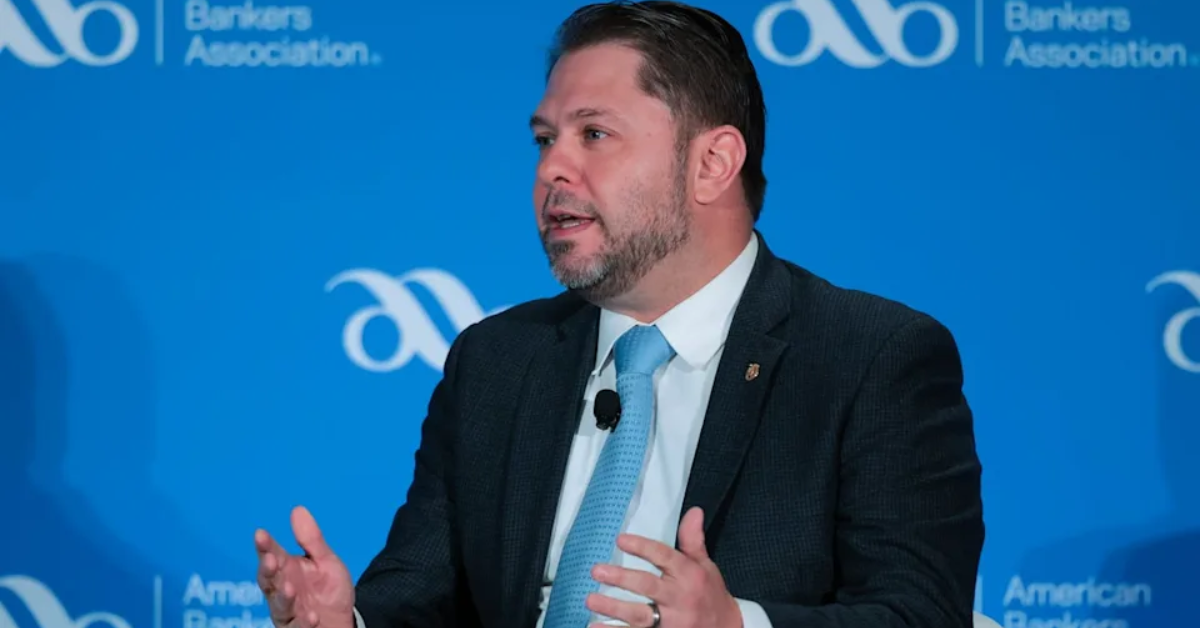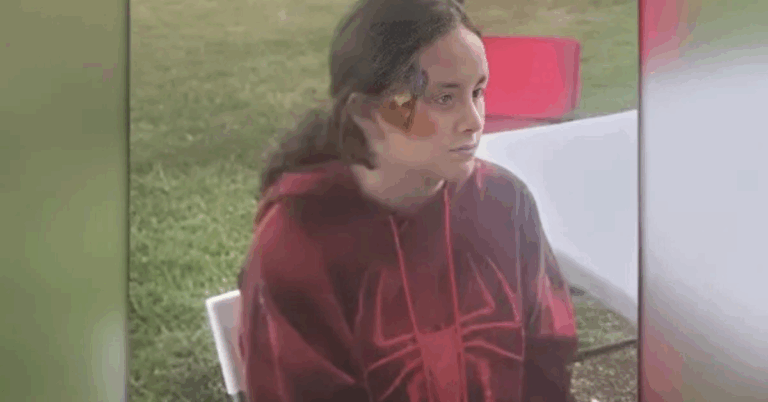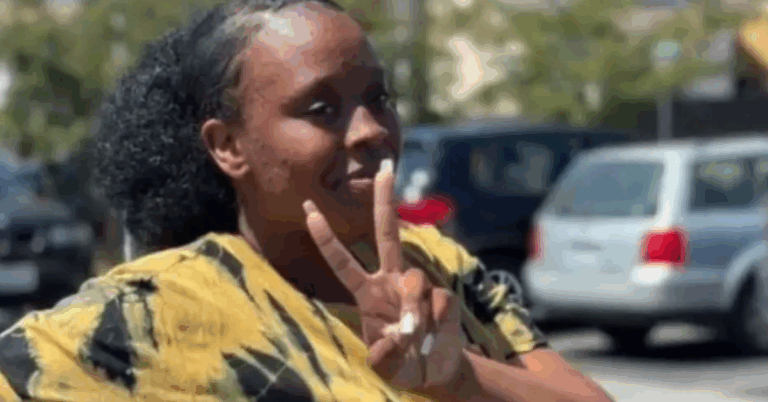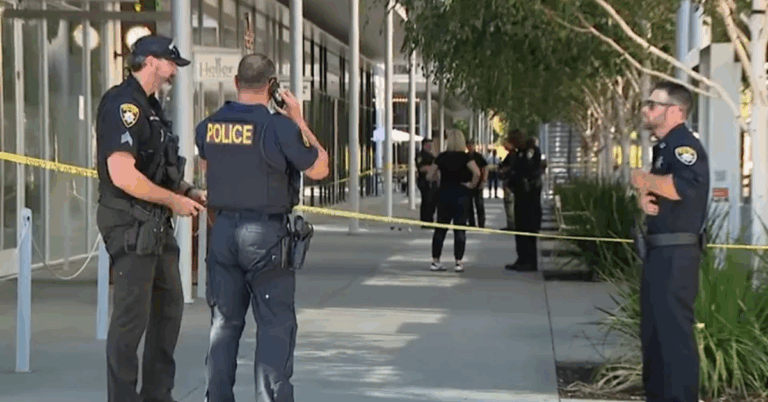
The recent proposal by Senator Ruben Gallego to block military funeral honors for Ashli Babbitt has sparked widespread attention. This move comes after Babbitt’s involvement in the Capitol riot on January 6, 2021, which led to her death. Gallego argues that awarding military honors would send the wrong message and disrespect the values of the U.S. armed forces.
This decision has prompted intense debate across the country, especially among veterans, politicians, and the general public. The question revolves around whether military funeral honors should be reserved strictly for those who served the nation faithfully, or if circumstances like Babbitt’s should lead to exceptions. Let’s explore the details behind this significant decision and its broader implications.
Who Was Ashli Babbitt and Why Is This Controversy Happening?
Ashli Babbitt was a 35-year-old Air Force veteran who died while trying to enter the Speaker’s Lobby during the Capitol riot. She was shot by a Capitol Police officer when she tried to break through a barricaded door. Many, including Senator Gallego, feel that her participation in the violent event disqualifies her from receiving military funeral honors, which traditionally recognize honorable military service.
Gallego’s position is that honoring Babbitt with military rites would dishonor other military personnel who have served with integrity and respect for the law. According to CNN, Gallego believes that military funeral honors are meant to pay tribute to individuals who represented the nation positively and not those involved in criminal activities.
What Are Military Funeral Honors and Who Qualifies for Them?
Military funeral honors typically include ceremony elements like flag folding, rifle salute, and playing of “Taps.” These honors recognize the sacrifices made by service members and symbolize respect from the government and the community. Eligibility is generally based on honorable discharge from military service.
The Department of Defense sets the standards for awarding these honors, and exceptions are rare. Veterans who engaged in criminal activities that go against military codes of conduct may be denied these honors. This is why Gallego’s effort to block honors for Babbitt is grounded in existing policies designed to maintain the dignity of military ceremonies.
The Political and Social Impact of Gallego’s Proposal
This issue is highly political and polarized. Supporters of Gallego’s plan stress the importance of upholding military values and maintaining a clear distinction between lawful service and illegal actions. Critics argue that denying Babbitt funeral honors could politicize military traditions and set a dangerous precedent.
The broader social conversation also touches on how the country remembers and treats veterans who became involved in controversial situations. For some, this debate reflects the larger challenges facing the U.S. as it navigates issues of patriotism, protest, and justice.
What Do Experts Say About This Issue?
Experts in military law and ethics note that the decision to grant or deny military honors is complex. According to the Military Times, the department reviews each case carefully and considers the veteran’s service record and circumstances of death before approving honors.
Legal analysts emphasize that denying honors is not about punishing the deceased but about respecting the traditions and values that military funeral honors represent. They believe that Gallego’s position aligns with these principles, ensuring that military honors remain symbols of respect for those who served honorably.
Conclusion: What This Means for Future Cases
Senator Ruben Gallego’s push to block Ashli Babbitt from receiving military funeral honors highlights ongoing debates about service, honor, and accountability in the United States. While the final decision lies with military authorities, this case will likely influence how future incidents are handled.
For younger readers and the general public, this situation underscores the importance of understanding the weight and significance of military traditions. It also illustrates how current events can challenge established norms and demand thoughtful reflection on patriotism and respect.









